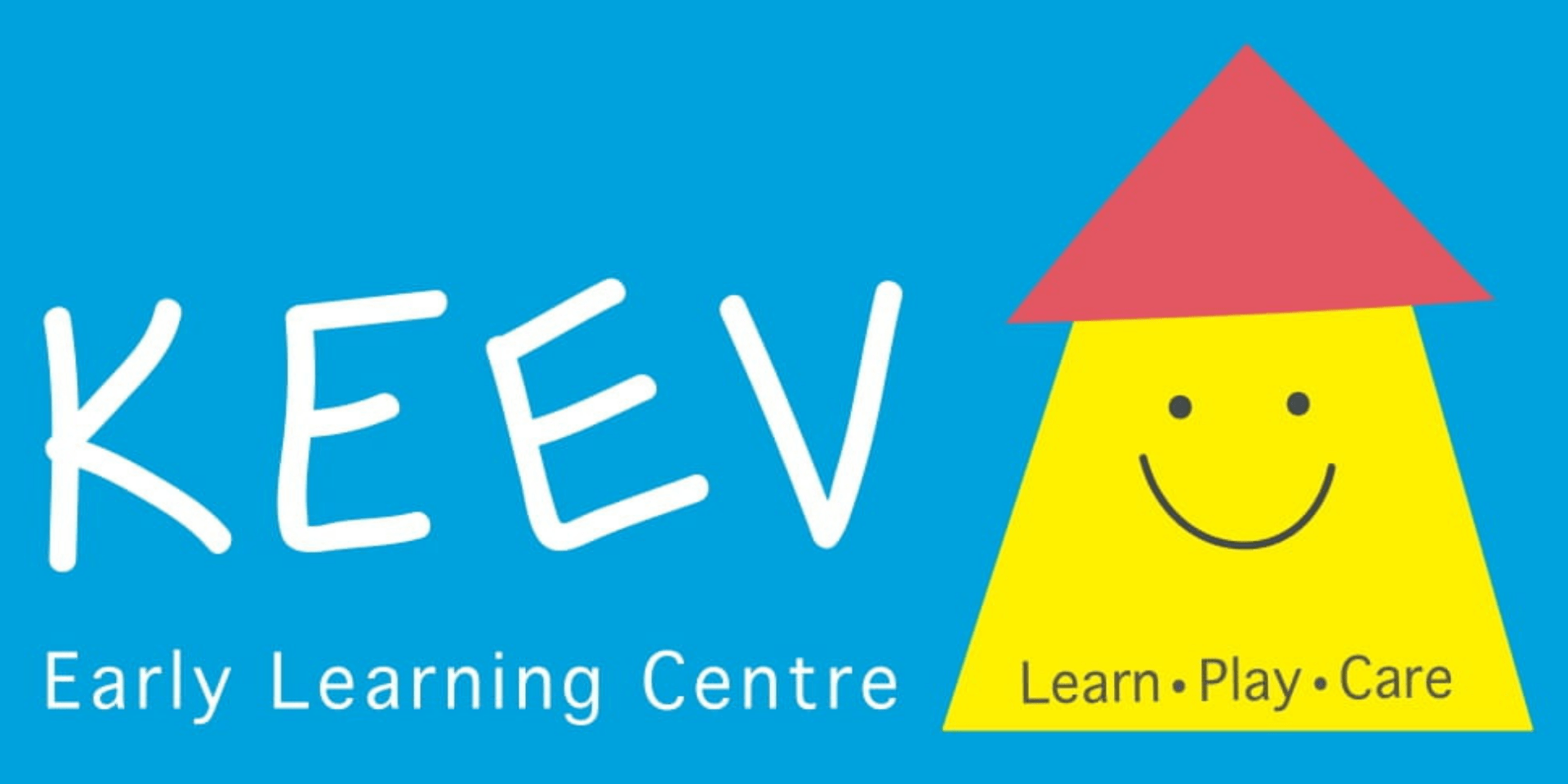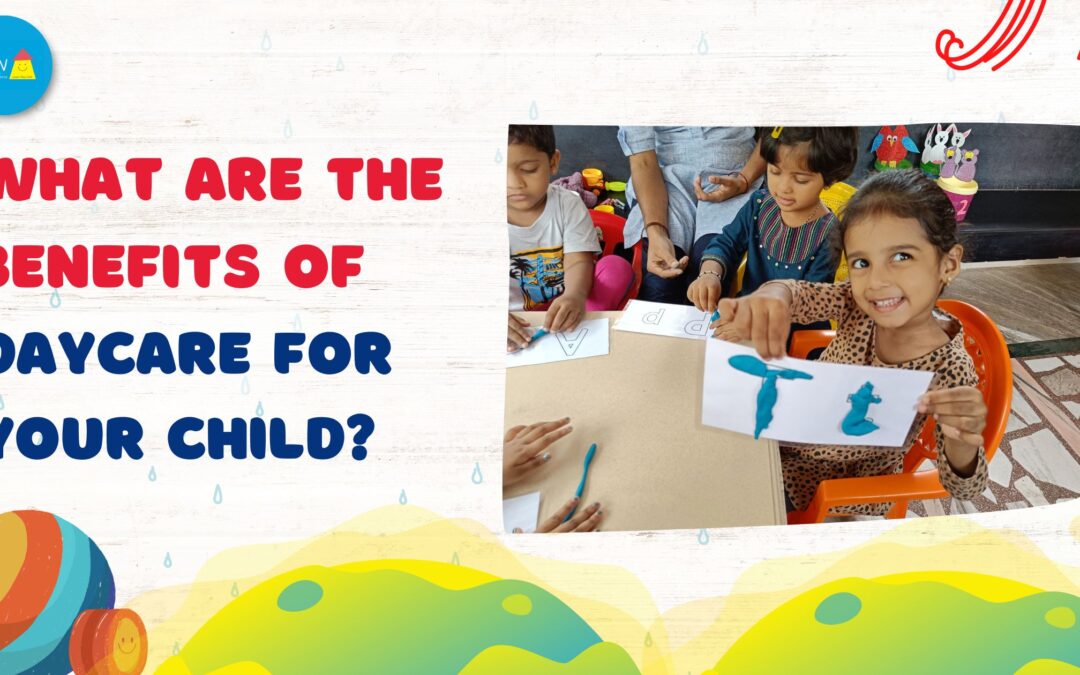In the day and age where double-income families are normal and childcare is essential. In current times where grandparents are not as hands-on as before and with nuclear families moving out far and wide to make a career, childcare has become a necessity.
Daycare can offer several benefits for children. Listed below are some of them:
A safe and secure environment
A quality daycare is nothing short of a home away from home. Trained educators and caregivers provide excellent care along with early development for children. A daycare always has a preschool which helps with the children learning, while also taking care of daily routines related to food, nap, and hygiene.
Socialization
Daycare provides opportunities for children to interact with peers of similar age, helping them develop social skills, build friendships, and learn to cooperate and share. Regular socialization in a structured environment can enhance their emotional intelligence and prepare them for future social interactions.
Cognitive development
High-quality daycare programs often offer age-appropriate activities and educational experiences that promote cognitive development. Children engage in stimulating tasks, play-based learning, and exposure to various educational materials, which can foster language skills, problem-solving abilities, and early literacy and numeracy skills.
Emotional development
Daycare can contribute to emotional development by providing a nurturing and supportive environment. Children learn to trust and form relationships with caring adults other than their parents, helping them develop a sense of security and emotional resilience. They also learn to manage their emotions, regulate their behavior, and express their needs.
Independence and self-help skills
Daycare encourages children to develop independence and self-help skills. They learn to follow routines, take care of personal needs (such as dressing, feeding, and toileting), and participate in age-appropriate tasks. These experiences foster self-confidence, self-reliance, and a sense of autonomy.
Exposure to diversity
In daycare settings, children often encounter peers from diverse backgrounds, cultures, and experiences. This exposure helps them appreciate and respect individual differences, develop empathy, and broaden their understanding of the world.
Smooth transition to formal schooling
Attending daycare can ease the transition to formal schooling later on. Children become familiar with a structured environment, develop basic learning skills, and gain experience with classroom routines and expectations, making the transition to kindergarten or elementary school smoother.
Parental support
Daycare can provide a supportive network for parents. It allows them to pursue work or other commitments, knowing that their children are in a safe and nurturing environment. Parents can also benefit from professional advice and resources offered by daycare centers.
It’s important to note that the quality of daycare programs and the qualifications of caregivers play a significant role in determining the extent to which these benefits are realized. Therefore, selecting a reputable and high-quality daycare center is crucial for maximizing the advantages of daycare for children.

